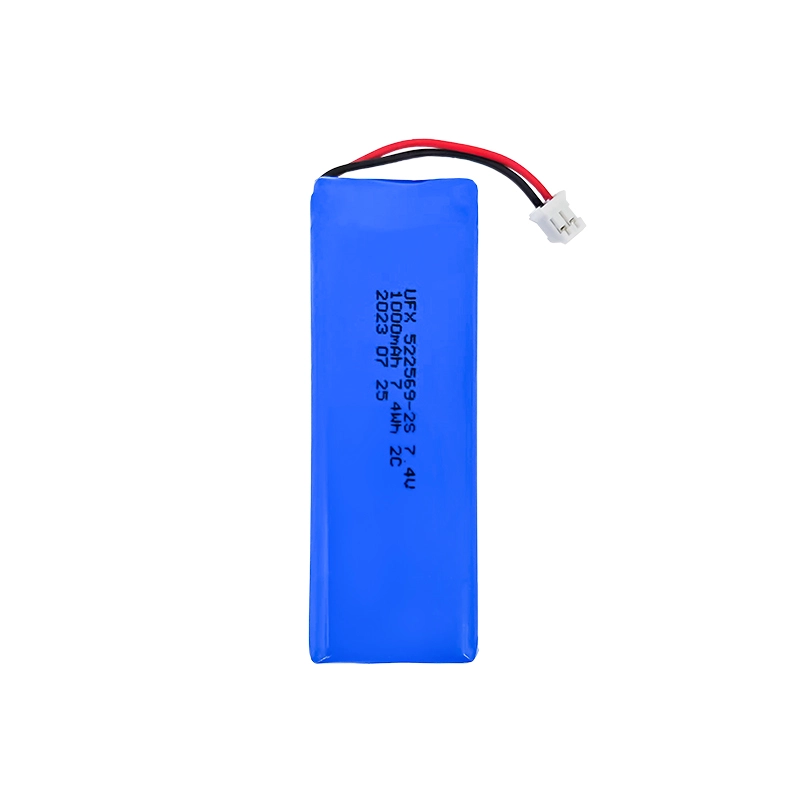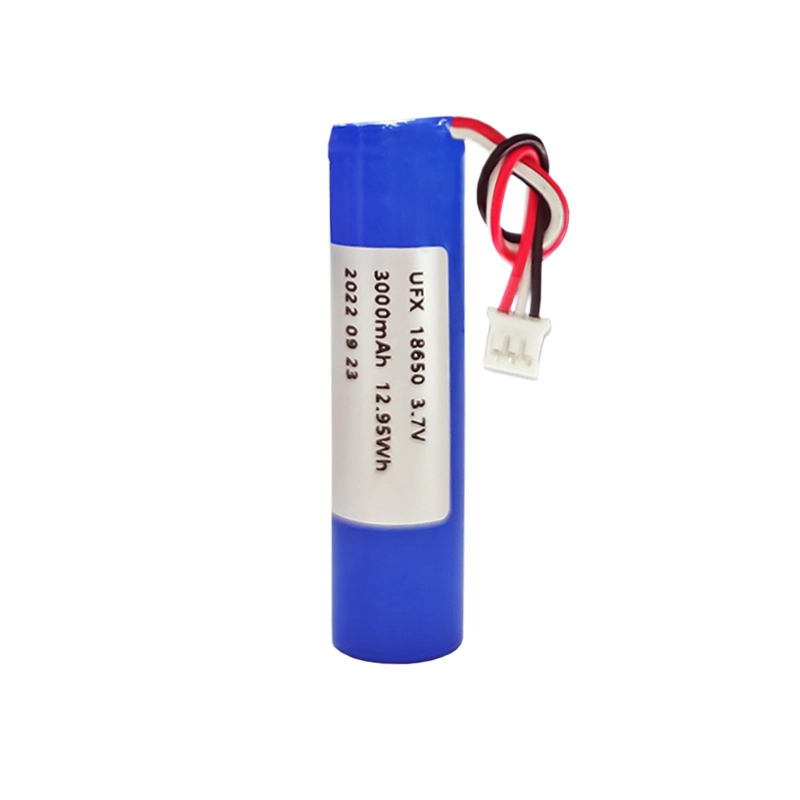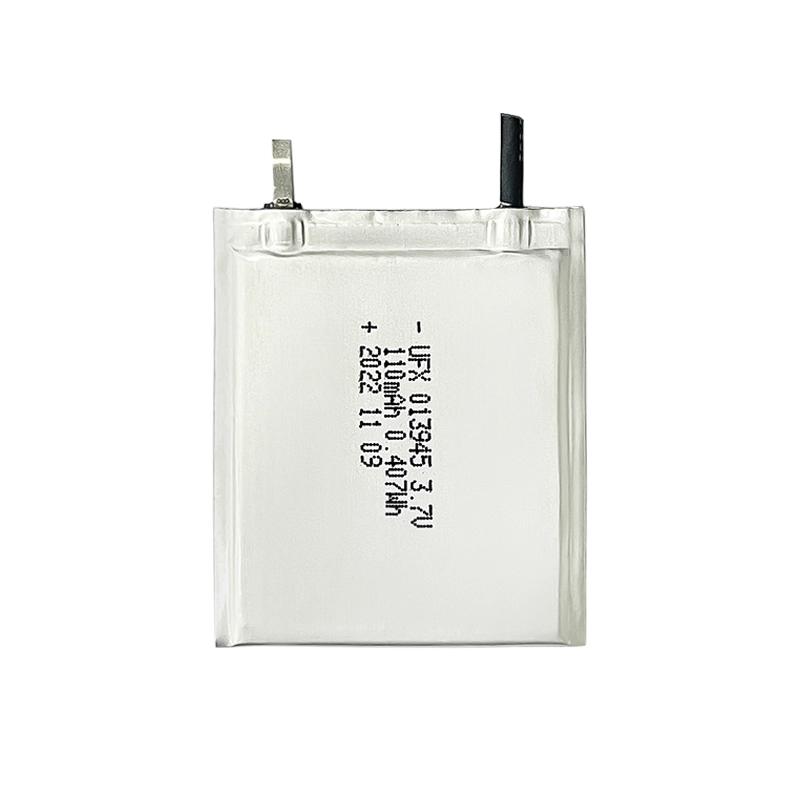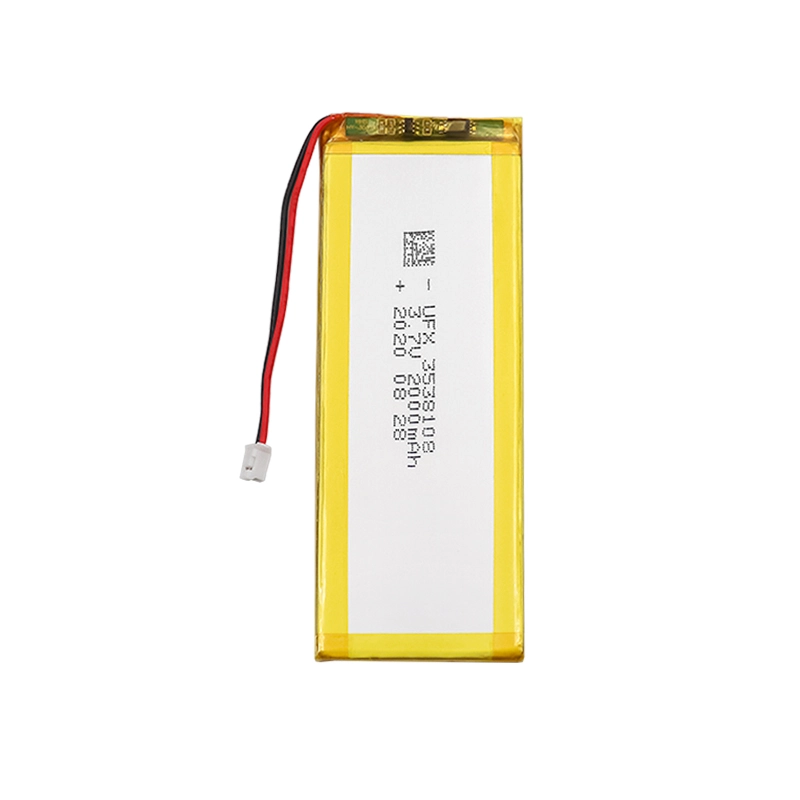
Batteries For Electronic Cigarettes
Lithium batteries are a type of battery that uses lithium metal or lithium alloy as the negative electrode material and uses a non-aqueous electrolyte solution. It has the characteristics of high energy, long life, high rated voltage, lightweight, green and environmentally friendly, and is widely used in digital, medical, basic Facility construction and other fields.
The structure of electronic cigarettes mainly involves atomizers, batteries, other components, etc. Among them, lithium batteries mainly use cylindrical or square polymer/soft packaging batteries. Lithium batteries used in e-cigarettes need to have 10C high-rate discharge performance. The heated ceramic atomizer has a power of 3A to meet fast charging and long cycle life.
What battery does an e-cigarette need?
E-cigarettes typically require rechargeable batteries to power their heating elements and produce vapor. E-cigarettes typically require a rechargeable lithium-ion battery. The specific size and capacity of the battery may vary depending on the e-cigarette model.
Types of e-cigarette batteries
There are two main types of e-cigarette batteries: integrated and removable. Integrated batteries are built into the device and cannot be replaced by users, while removable batteries can be taken out and replaced with another battery. Removable batteries come in different sizes and capacities, such as 18650, 20700, and 21700.
How long does the battery last on an e-cigarette?
The battery life of an e-cigarette depends on various factors such as battery capacity, usage frequency, and power output. Heavy usage, higher power settings, and frequent vaping can deplete the battery more quickly.
Generally, smaller devices with lower power settings may last for several hours on a single charge, while larger mods with higher wattage may only last for a few hours. Users may need to charge their e-cigarette batteries daily or every few days, depending on their usage.
In the e-cigarette industry, lithium batteries have become the first choice for most products due to their superior performance. Also because of the development of lithium battery technology, the portability of e-cigarettes has been greatly improved.
Ufine has successfully developed and produced thousands of conventional batteries, lithium iron phosphate batteries, ultra-thin special-shaped batteries, low-temperature batteries and 18650 batteries. Ufine’s monthly production capacity reaches 4 million units. Our lithium batteries have the advantages of high energy density, high working voltage, small size, lightweight, long service life, small self-discharge, safety and environmental protection.
High Energy Density
It stores large amounts of energy in a smaller and lighter package
Longer Cycle Life
Withstands extensive charge and discharge cycles
Low Self-Discharge
Maintains power longer when not in use
Safety
Minimizes the risk of accidents and ensures safe operation
More Information About E-Cigarette Battery
-
Can you customize e-cigarette batteries?
-
How long can a lithium battery work?
-
How about the battery cycle life?
-
What is the range of capacity and voltage for custom batteries?
Latest Blogs
About Lithium Battery Industry News
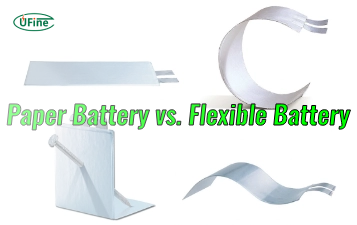
Paper Battery vs. Flexible Battery: What’s the Difference and Which Is Better?
Paper vs. flexible batteries: learn the key differences, benefits, and which power source fits best for wearables, sensors, and smart tech.
2025/04/11 Ufine
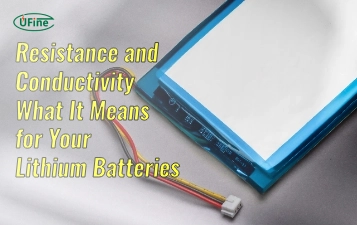
What to Know Before Buying a Tiny LiPo Battery for Your Project
Tiny LiPo batteries are powerful and compact. Learn how to choose the right one for your project with specs, safety, and charging tips.
2025/04/11 Ufine

Bloated LiPo Battery: Will It Explode?
Will a bloated LiPo battery explode? Discover the causes, risks, safety steps, and expert tips to avoid disaster and protect your gear. Must-read safety guide!
2025/04/10 Ufine
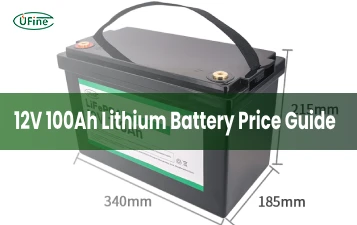
12V 100Ah Lithium Ion Battery Price: Full Guide
Learn about 12V 100Ah lithium-ion battery price, from cost ranges to best brands, hidden fees, and how to get the best deal. A must-read for smart buyers!
2025/04/10 Ufine

Resistance and Conductivity: What It Means for Your Lithium Batteries
Resistance and conductivity impact lithium battery performance, lifespan, and safety—learn how they work and why they matter.
2025/04/10 Ufine

What Is a Semi Solid State Battery and Why Should You Care?
Semi-solid-state batteries combine safety and high energy density, making them ideal for EVs, electronics, and future energy storage.
2025/04/10 Ufine

